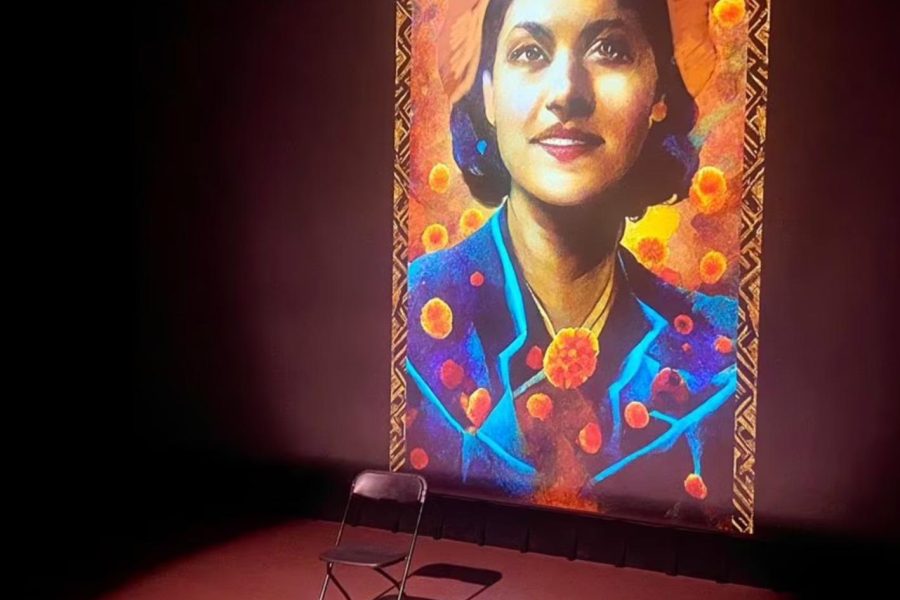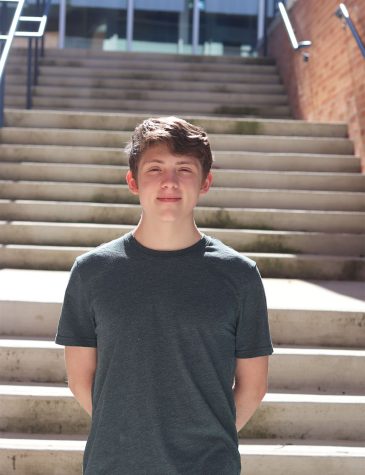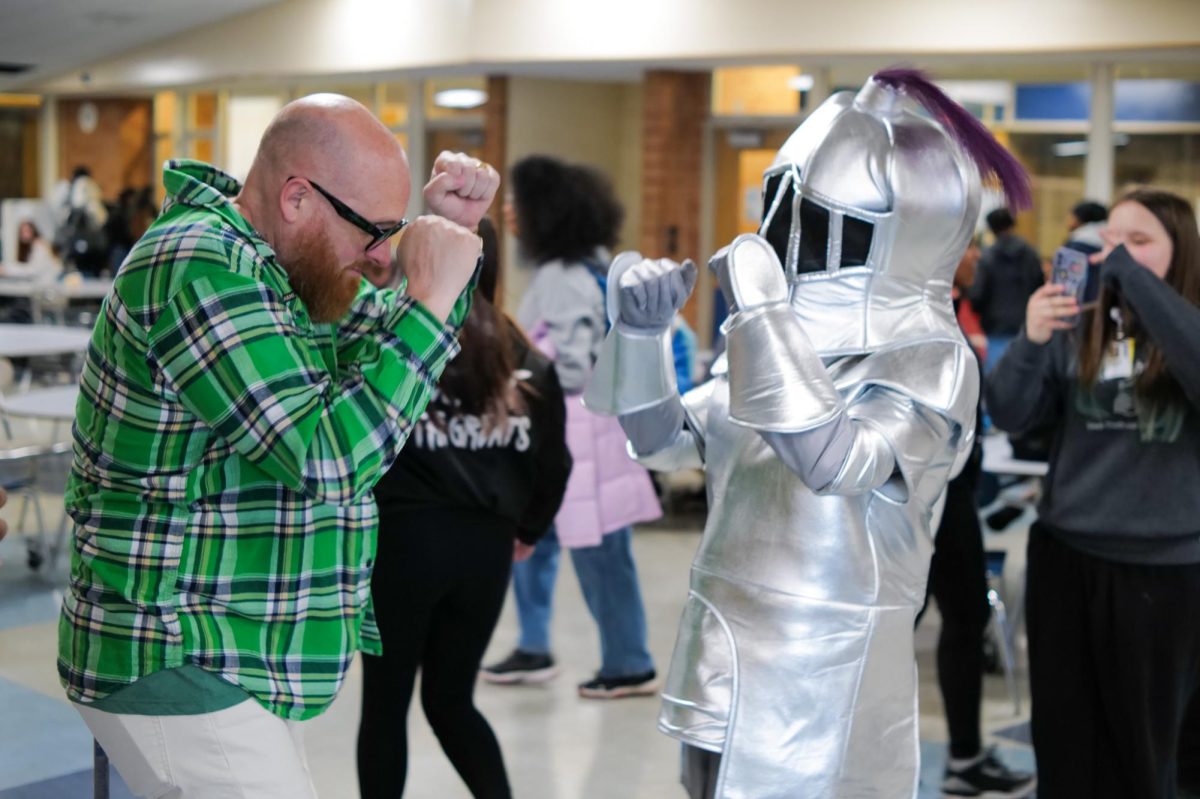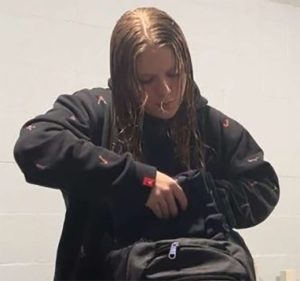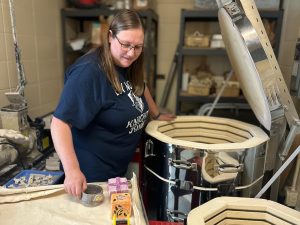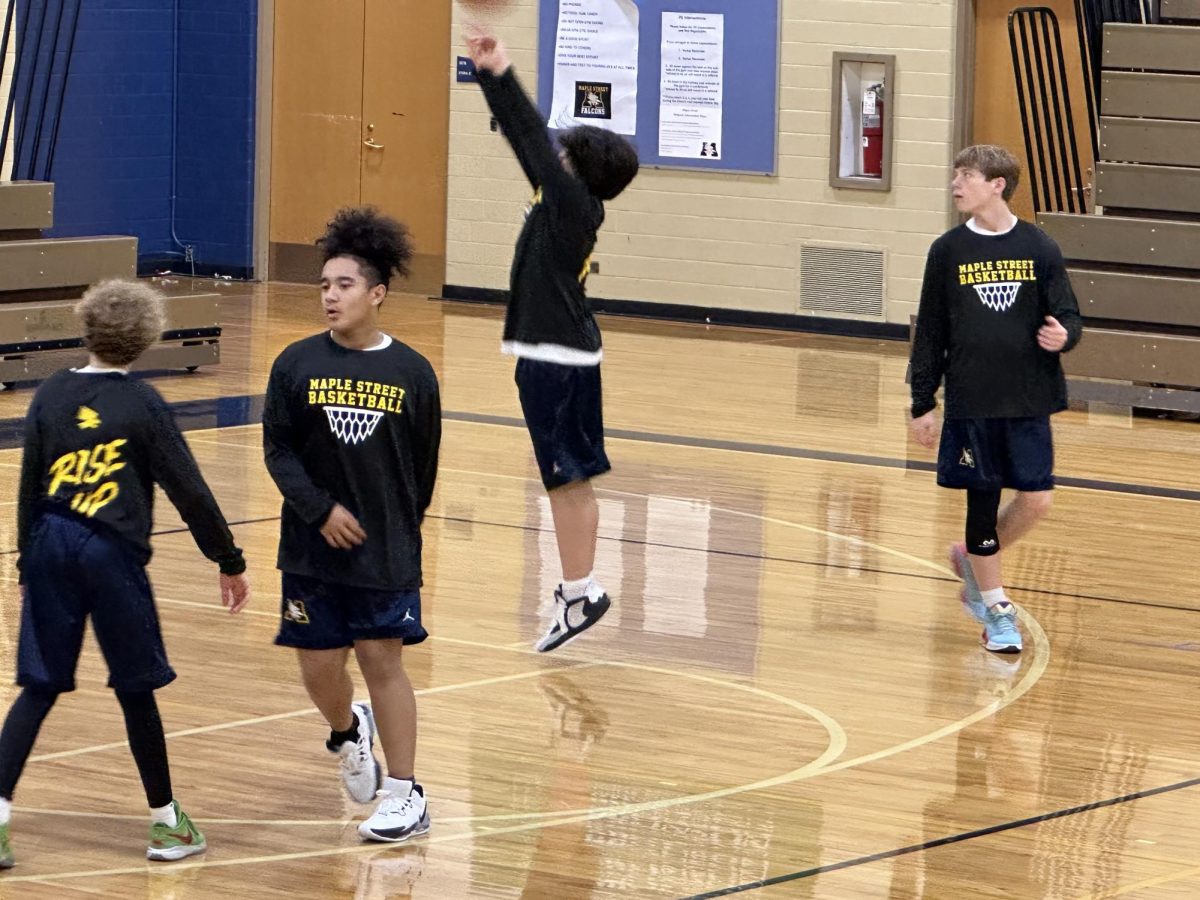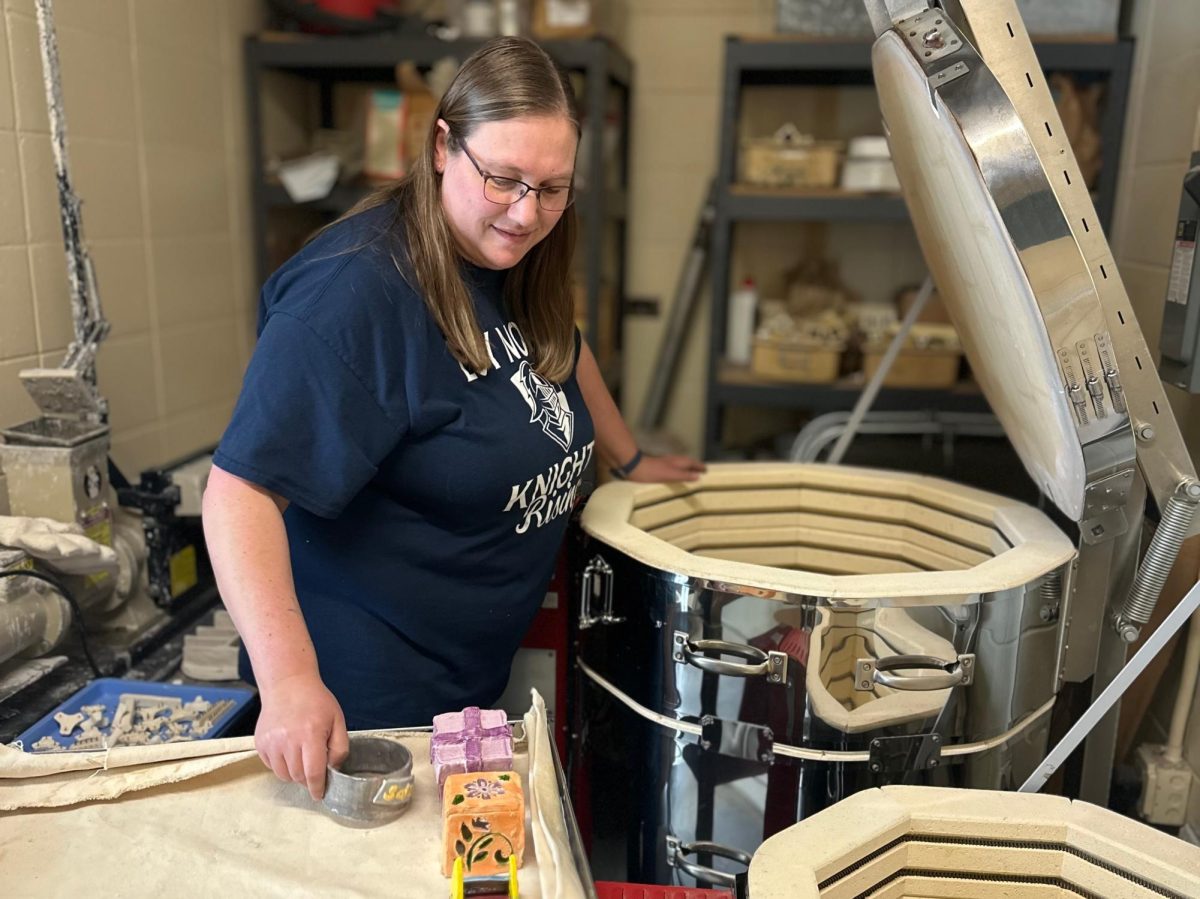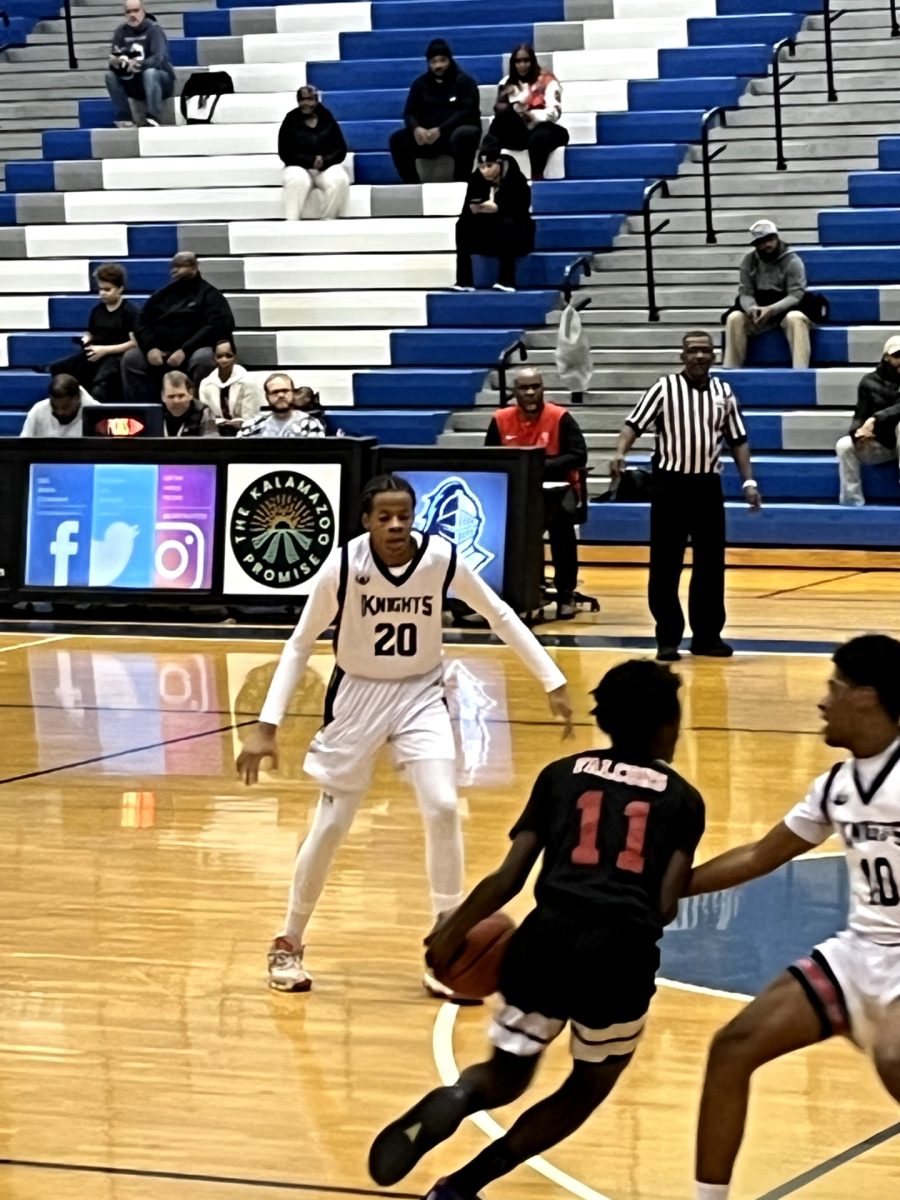“A HeLa Story” comes to Loy Norrix
Credit: Kalamazoo Valley Museum
“A HeLa story” follows the life of Henrietta Lacks, an African American woman who changed science with HeLa cells.
March 9, 2023
“If you don’t know about HeLa, you should,” said Jermaine Jackson, who is the great-nephew of Henrietta Lacks, on the stage of the Kasdorf auditorium.
On Thursday Feb. 9th, Loy Norrix held a performance of “A HeLa Story: Mother of Modern Medicine,” a play following the life of Henrietta Lacks, an African American woman who was the start of the “HeLa Cell Line,” the first immortal cell line in scientific history.
Cells typically are unable to proliferate endlessly, but an immortal cell line is a collection of cells that, due to mutations, can infinitely divide, creating a cycle of cells that researchers can study and experiment on endlessly. Before Henrietta Lacks, scientists weren’t sure when, or even if, an immortal cell line would be possible.
The play highlights the importance of not only the great medical contribution that Henrietta Lacks made to science, but also the controversy around the use of her cells and her value as a “living, breathing, and loving person,” as said by Jermaine Jackson.
“I thought it was really cool,” said senior Violet Berg, “It was definitely different from other performances I’ve seen, and it was nice to learn more about her.”
The play was developed by Jermaine Jackson, inspired by Jackson’s connection to Lacks, as well as Jackson’s traveling exhibit that ran virtually during the 2020 pandemic lockdown.
“I thought, oh you know, the production had happened a lot at the Kalamazoo Valley Museum,” said Loy Norrix Principal Christopher Aguinaga, “but wouldn’t it be cool if we could bring it here to the school?”
Henrietta Lacks did not give her physician permission to harvest or experiment on her cells, and she wasn’t aware of the removal of her cells during her treatments. This brought a moral question years later as Lacks’ family and the scientific community’s use of her cells without explicit consent.
The play brings light to this controversy, trying to show “how in life and in death, she was taken advantage of,” as said by the actor playing Jermaine Jackson.
The performance ended with a quote by Kalamazoo Central student Aija Hodges, “For too long black women have suffered, how many sisters have been sacrificed for a breakthrough to be uncovered?”


